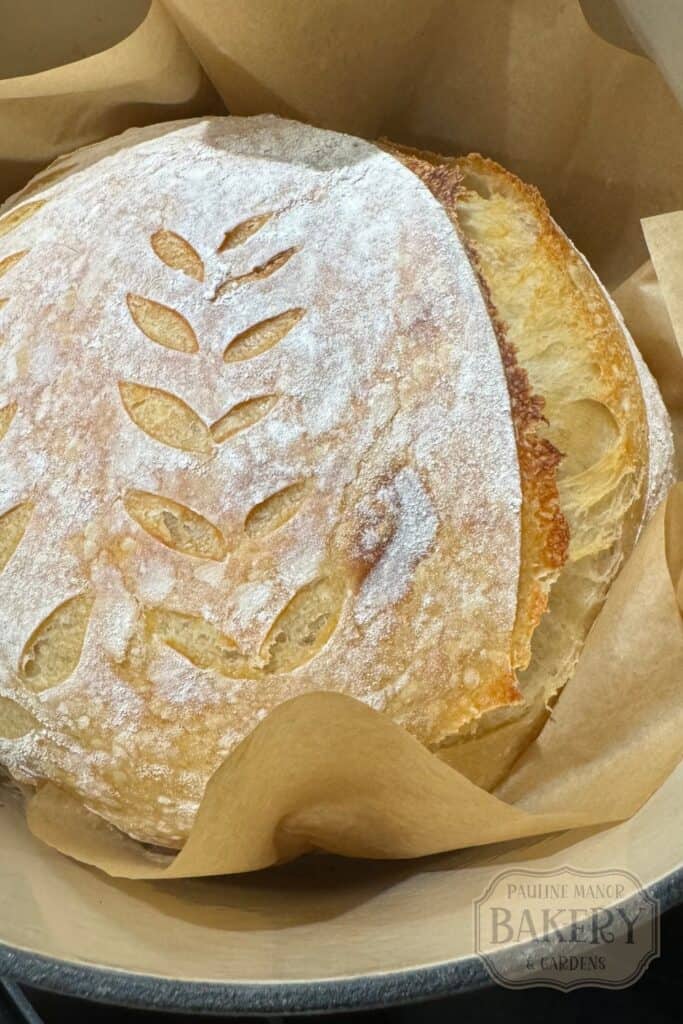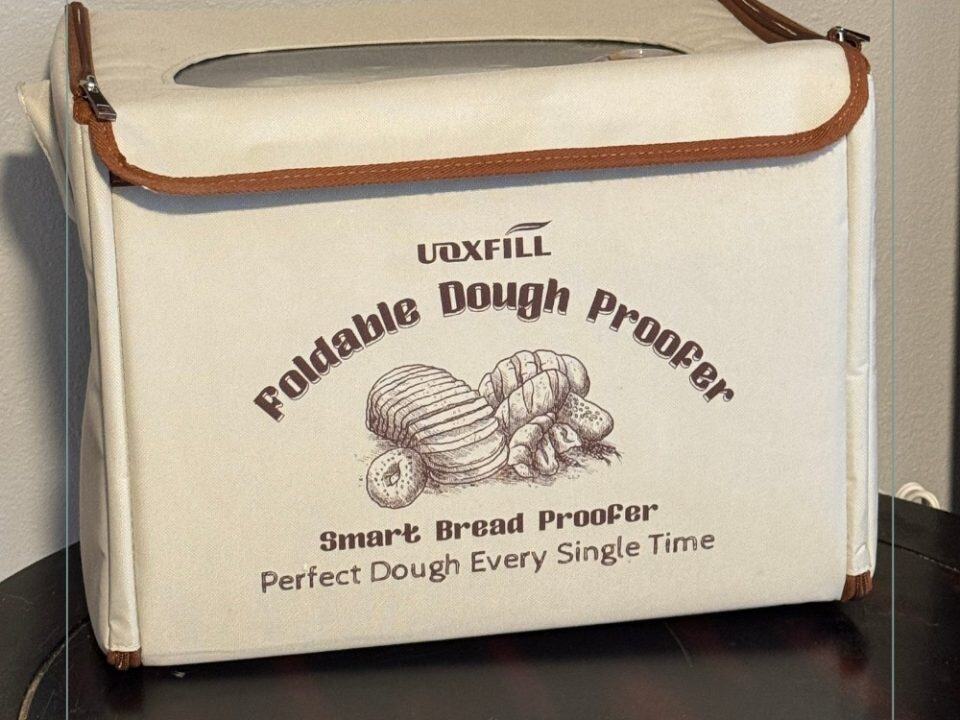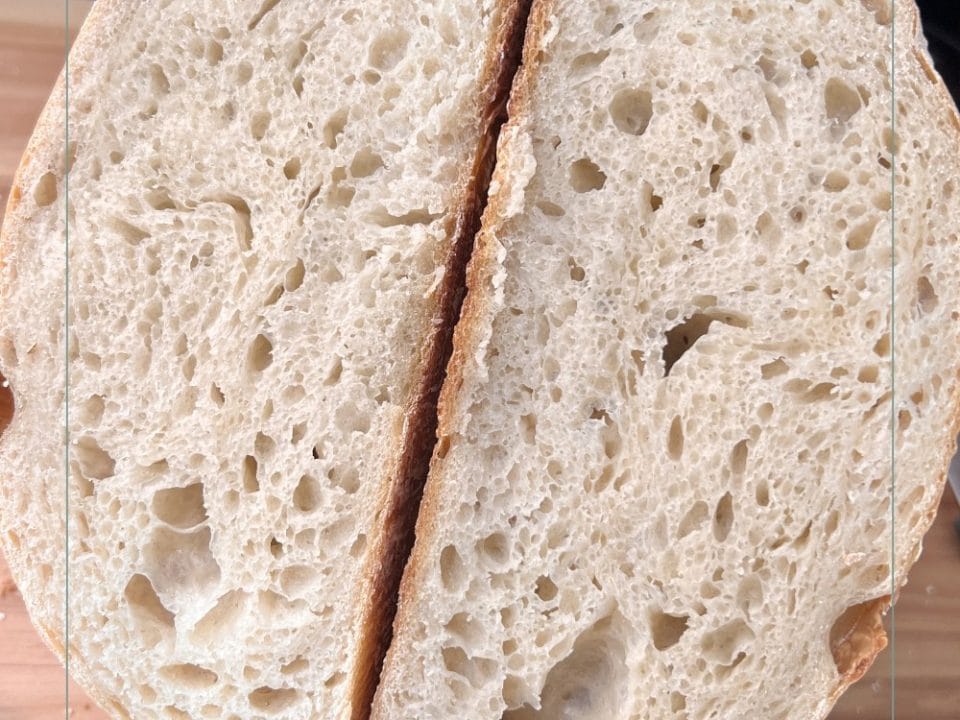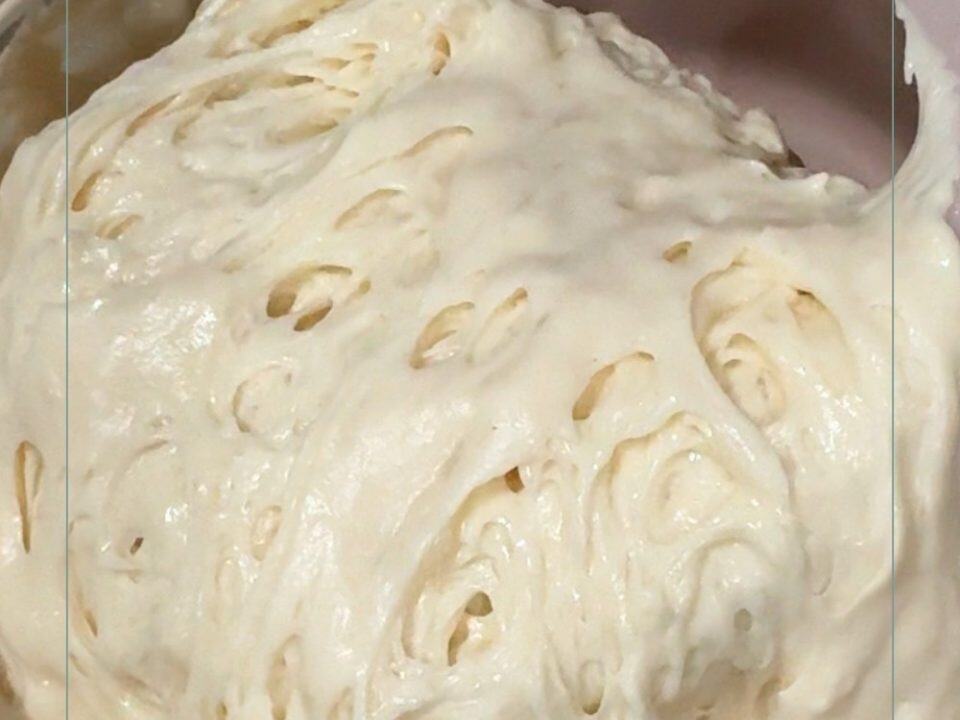Best Flour For Sourdough Starter
Choosing the right flour for your sourdough starter is crucial for its health and vitality. While the process of creating and maintaining a starter may seem straightforward, the type of flour you use plays a significant role in its success. In this post, we’ll explore the best flours for sourdough starters, highlighting their unique properties and how they affect the fermentation process.

This post may contain affiliate links, which means if you click through and purchase, I may receive a commission at no cost to you. As an Amazon Associate, I earn from qualifying purchases.
Understanding Sourdough Starters and Flour
A sourdough starter is a living culture of wild yeast and bacteria. Its primary food source is carbohydrates, which it derives from the flour. The type of flour you choose influences the starter’s flavor, activity, and even its resilience over time. Let’s examine some of the most common flours and their suitability for sourdough starters.
1. Bread Flour: The Standard for Sourdough Starters
Bread flour is often the go-to choice for sourdough enthusiasts. It has a high protein content, usually ranging from 11% to 13%, which translates to a robust gluten network. This gluten structure supports the development of a strong and active starter.
Why Choose Bread Flour?
- High Protein Content: Encourages vigorous fermentation.
- Versatility: Works well for both the starter and baking sourdough bread.
- Reliable Results: Produces a consistent and stable starter.
Bread flour is ideal for beginners due to its predictability. Its high protein content provides ample nutrients for yeast and bacteria, leading to a strong and resilient starter that’s easy to maintain.
2. All Purpose Flour: A Flexible Option
For those seeking a versatile and economical option, all purpose flour is an excellent choice. With a moderate protein content of around 9% to 12%, it strikes a balance between affordability and performance.
Benefits of All Purpose Flour
- Accessibility: Widely available in most grocery stores.
- Cost-Effective: A budget-friendly alternative to bread flour.
- Balanced Activity: Suitable for maintaining a mildly active starter.
While all purpose flour may not produce a starter as vigorous as bread flour, it still delivers solid results. It's particularly useful for those who want to experiment without investing in specialty flours.
3. Rye Flour: A Powerhouse for Fermentation
If you want a highly active starter, rye flour is a game-changer. Made from whole-grain rye, this flour is packed with nutrients, including minerals and enzymes that promote rapid fermentation.
The Advantages of Rye Flour
- Nutrient-Rich: Contains more enzymes and minerals than wheat flours.
- Faster Fermentation: Encourages robust microbial activity.
- Unique Flavor: Adds earthy, tangy notes to your sourdough.
Many bakers use rye flour to kickstart a new sourdough culture because of its ability to ferment quickly. Even if you switch to a different flour later, starting with rye can give your starter a strong foundation.
4. Gluten Free Options for Sourdough Starters
For those with dietary restrictions, it’s possible to create a sourdough starter using gluten free flours. These flours don’t contain gluten, the protein that gives bread its structure, but they can still support fermentation.
Best Gluten Free Flours for Starters
- Brown Rice Flour: A popular choice due to its mild flavor and availability.
- Buckwheat Flour: Offers a unique, nutty flavor profile.
- Sorghum Flour: Provides a neutral base for experimenting.
While gluten free starters require more care and patience, they are a fantastic option for creating sourdough bread that’s safe for people with gluten intolerance or celiac disease. Keep in mind that the texture and rise of gluten-free sourdough will differ from traditional loaves.
5. Rice Flour: The Secret Weapon for Maintenance
Though not commonly used as a primary ingredient for creating starters, rice flour has a special role in maintaining them. Its fine texture and hypoallergenic properties make it perfect for dusting the surface of your starter or even feeding a gluten-free starter.
Why Use Rice Flour?
- Prevents Stickiness: Ideal for coating the outside of dough or starter.
- Allergen-Friendly: Suitable for gluten-free diets.
- Smooth Texture: Easy to work with during the maintenance process.
Adding a small amount of rice flour to your starter’s feeding schedule can introduce subtle flavor variations while keeping the mixture balanced.
Comparing Flours for Sourdough Starters
Here’s a quick comparison to help you decide:
| Flour Type | Protein Content | Fermentation Speed | Flavor Profile | Best For |
|---|---|---|---|---|
| Bread Flour | High | Moderate | Neutral | Beginners and reliable starters |
| All Purpose Flour | Moderate | Moderate | Mildly sweet | Versatility and cost-effectiveness |
| Rye Flour | Low to Moderate | Fast | Earthy, tangy | Highly active starters |
| Gluten Free | Low | Slow | Varies | Gluten-sensitive bakers |
| Rice Flour | Low | Slow | Subtle, neutral | Maintenance and gluten-free feeds |
Tips for Choosing the Right Flour
- Experiment: Try mixing different flours to combine their strengths. For instance, a blend of rye flour and bread flour can yield a lively and balanced starter.
- Consistency Matters: Stick to one type of flour once your starter is established to maintain its microbial balance.
- Quality Counts: Opt for unbleached and organic flours whenever possible, as they contain fewer chemicals and more natural nutrients.
Troubleshooting Flour-Related Issues
Even with the best flour, challenges may arise:
- Slow Fermentation: If your starter isn’t bubbling as expected, try switching to rye flour or increasing the feeding frequency.
- Unpleasant Odors: Off smells can result from poor-quality flour or inconsistent feeding. Using fresh, high-quality all purpose flour or bread flour can help.
- Gluten Free Starter Challenges: If a gluten-free starter seems sluggish, add a pinch of sugar or honey to boost microbial activity.
Conclusion
The best flour for your sourdough starter ultimately depends on your goals and preferences. For beginners, bread flour offers reliability and strength. If you’re looking to create a starter with unique flavors or enhanced fermentation, rye flour is a fantastic choice. Meanwhile, all purpose flour balances affordability with versatility, and gluten free and rice flour open the door for dietary inclusivity.
No matter what flour you choose, the key to a thriving sourdough starter lies in consistency, quality, and a little patience. By understanding the properties of different flours, you can craft a starter that’s perfect for your baking adventures.



